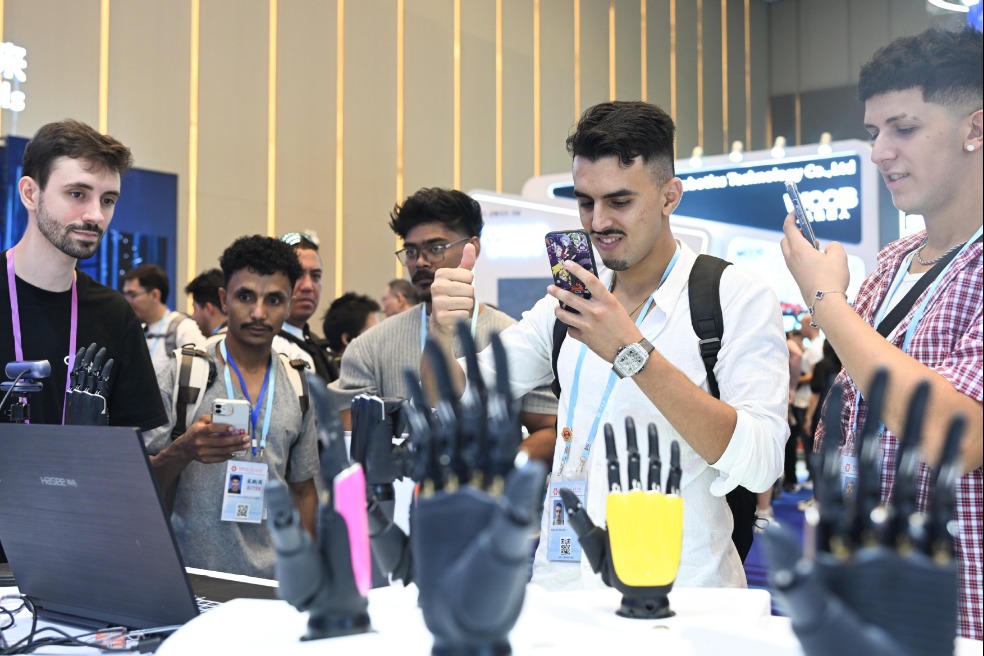Could synthetic alcohol solve global drinking problems?

Breakthrough might be as revolutionary as vaping
Saturday night in Shoreditch, London, and the thin line between intoxication and having a good time is evident across town. While going out can be fun and sociable, the dangers of feuds in late night fast food chains, street fighting and drunk driving are also unfortunately all part of the package. All around the world, whether you are someone who can handle it or not, alcohol, the potent and socially accepted drug which makes this all possible, fuels this nightly human rampage.
This drug is a global issue. Forget the cocaine and opiate headlines which grace the news on a daily basis, alcohol alone dwarfs this. The World Health Organization, known as WHO, estimates that drinking is directly responsible for 5.9 percent of all deaths worldwide.
Last year, 88,000 people in the US alone died due to various liver conditions brought on by drinking and/or drink driving, more deaths than all those caused by heroin, opiates and cocaine combined.
Even if you are someone who enjoys a few drinks here and there responsibly, distressing hangovers the morning after worsen with age, and cost the global economy billions of dollars in lost or unproductive working hours.
The statistics in East Asia are even more bleak.As many as 50 percent of the population possess a genetic variant which makes the individual's face go red while drinking.
Despite social practice, this condition is far from benign and increases the chances of esophageal cancer by 15-fold, even for casually moderate drinkers of Asian descent.
However, scientists are finding a solution. A synthetic chemical which affects the brain in a similar way to alcohol, without the hangovers or liver damage, may become available within the next five years.
The synthetic alcohol, named Alcarelle was created by British researcher Professor David Nutt, who believes it has the potential to change the way the world gets drunk in the same way the vaping industry has revolutionized smoking.
"We know where in the brain alcohol has its 'good' effects and 'bad' effects, and what particular receptors mediate that - Gaba, glutamate, and other ones such as serotonin and dopamine, the effects of alcohol are complicated but…you can target the parts of the brain you want to target" he told the Guardian newspaper.
The synthetic alcohol also allows the user a greater degree of control, meaning that the drinker will be able to choose whether to feel the effects of a party drug or just a casual lunch with colleagues where control needs to be maintained.
The plan is to within 5 years have Alcarelle regulated by authorities as a food addictive, in a similar way to how beer or wine are currently. This process involves extensive work alongside food scientists, and proving to regulators that it does not have the same toxic effects as alcohol.
If successful, the potential impact for Alcarelle to become widely adopted is compelling.
Curbing even a small percentage of the damage which alcohol does globally will have a huge impact, but the prospect of replacing something so internationally mainstream and culturally accepted is a challenge.
Societal perceptions do change with time however, and if Alcarelle works as well as hoped, then one day bars and clubs serving traditional alcohol may become consigned to the realms of history, like opium dens centuries ago.

































